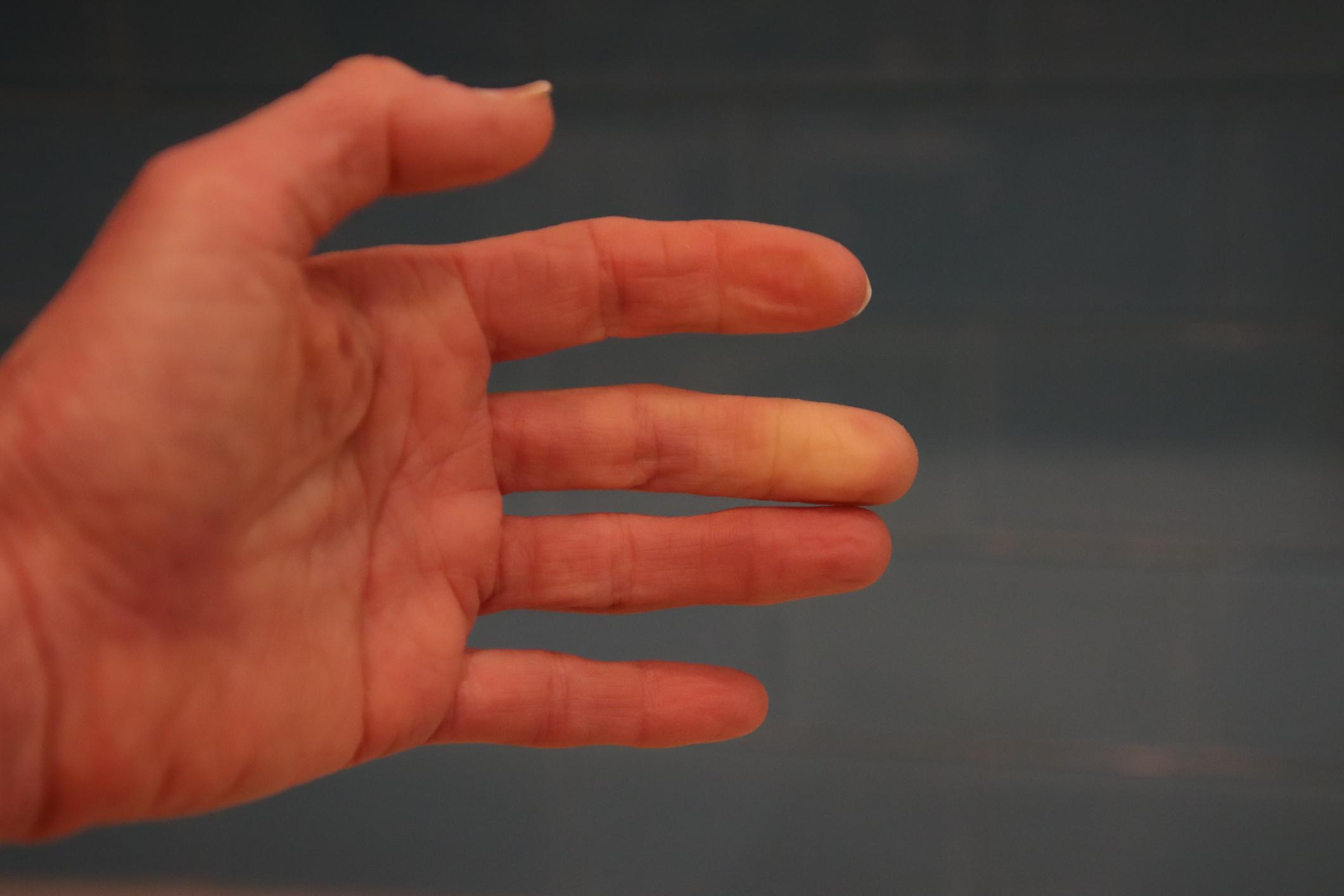Understanding the past helps improve the future of mental health for women.

- The concept of hysteria has become obsolete because it reflects discrimination against women.
- It dates back to ancient times and defined different mental disorders in women.
- It is accepted today that the recognition of the specific needs of women must be devoid of stereotypes.
The history of women’s mental health is marked by unhealthy discrimination, encompassing abusive concepts and practices. If the concept of hysteria in psychiatry is now obsolete, it is because it testifies to the prejudices and discriminations with which women have been confronted.
What is the concept of “hysteria” in psychiatry?
The concept of hysteria in psychiatry dates back to antiquity since it was used to describe the set of symptoms and behaviors considered specific to women. It was then a question of considering the crises, the convulsions, the emotional disturbances or the physical symptoms without obvious medical cause as imbalances and affections of the uterus.
This concept, now considered obsolete, was based on outdated beliefs and stereotypes, attributing specific symptoms to women, causing discrimination and stigmatization. Women who exhibited these symptoms were often stigmatized before research focused on them and could better understand the biological, psychological and social factors.
The invisibility of women
The history of women’s mental health has long been marked by the invisibility of their research as authors and patients. It was then considered that women who left their traditional role were “crazy” or “rebels” who sometimes had to be locked up for life in a psychiatric hospital.
This discrimination has been used to justify many abusive practices in the field of women’s mental health, reinforcing the idea of a stereotype of women who are weak and prone to mental health problems.
Although the concept of hysteria was declared obsolete by the American Psychiatric Association in 1952, there is still a need for continued efforts to promote more inclusiveness in mental health research and treatment by educating professionals to recognize the specific needs of women and to provide appropriate treatment, devoid of stereotypes and discrimination.
Find out more: “Wise women” by Géraldine Grenet.

















